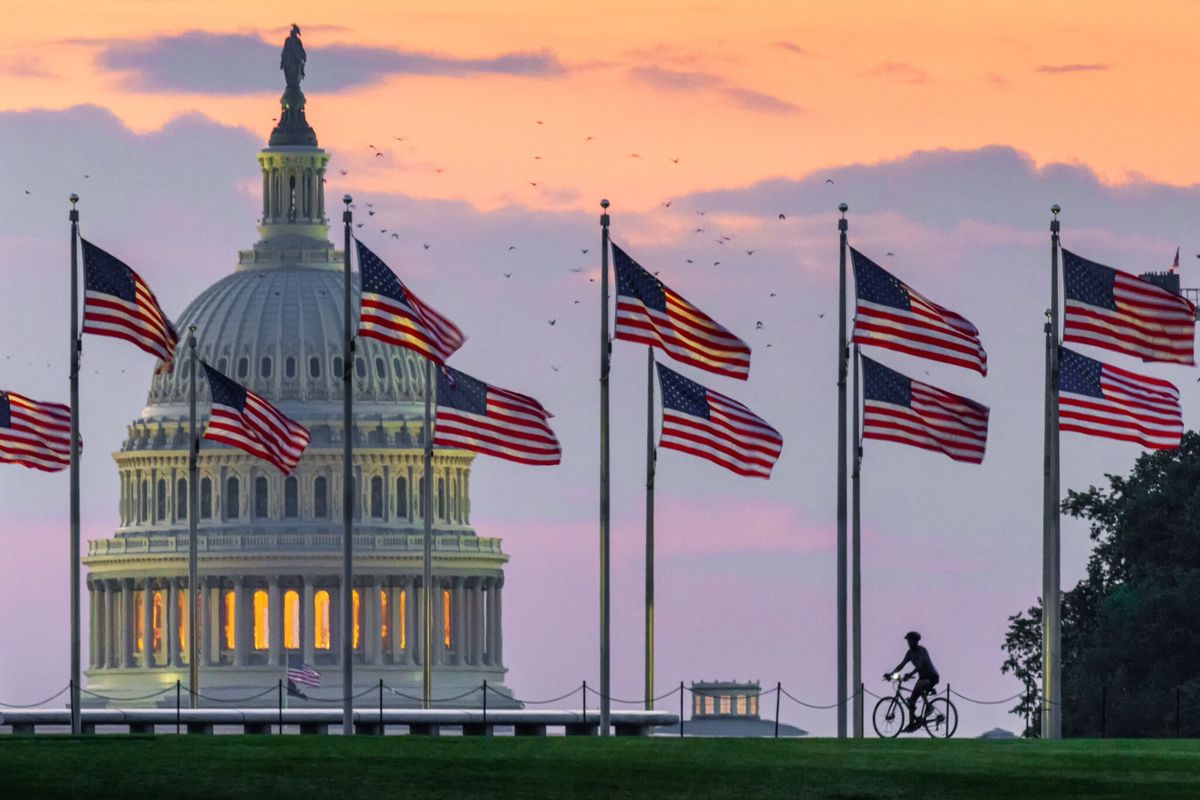The Cipher Brief spoke with Rob Richer, CIA's former Associate Deputy Director for Operations, about the terrorist attacks in Paris. Richer spoke about the importance of cooperation between US intelligence agencies and their foreign counterparts. He also discussed how legal restrictions have hurt the Intelligence Community’s ability to collect.
The Cipher Brief: ISIS has claimed responsibility for the attack. If true, this is a watershed moment for the group. What does this attack tell you about the evolution of ISIS’ capabilities and its ability to strike the West?
Rob Richer: While ISIS has claimed responsibility and been blamed for the attack by several authorities, little is known about its external assets. As with al-Qaeda, groups aligned with the same goals and ideology sometimes come together under a prominent group's banner for the obvious impact it will have. As we have seen with some of the other external attacks linked to ISIS over the past year, some of those carrying out the acts have never connected with ISIS outside of the Internet and social media.
ISIS’ ideology remains attractive to those disenfranchised by political or social developments, or easily influenced towards "righting" injustice. ISIS’ message appeals to far too many of those who fall into those categories and, particularly in Europe, where there is a large pool of unhappy or economically-challenged refugees or second-generation immigrants, it leads to converts. That pool of potential assets grows larger day-to-day, and ISIS, as well as other groups, will take advantage of that pool for their own aims. In short, this attack demonstrated that even in a country like France, with sophisticated intelligence and security assets, an operation can be carried out which will strike to the heart of the target country, if not the world.
TCB: It appears at least one of the attackers hid among the flood of refugees from Syria. How will that impact how Europe handles the refugee crisis?
RR: The fact that one of the attackers entered Europe via the refugee wave will fuel nationalist and right wing groups to limit or more closely filter refugees accepted into certain countries. Further, it will fuel conflict between groups internal to each country, on the extreme limits of the spectrum. It will impact the majority of refugees who are fleeing oppression and seeking economic stability. In short, it will have significant impact.
TCB: How do intelligence agencies — both here in the U.S. and abroad — typically react to terrorist attacks like the ones in Paris? To the extent you can tell us, what are folks in the U.S. Intelligence Community doing right now? What about their counterparts in France? Generally speaking, how do the intelligence agencies from around the world work together in the wake of attacks like these?
RR: Today's world-class intelligence and security services don't take a day or hour off. They are working 24/7 which was the case and is the case today for the French services, which are highly respected by the U.S. and around the world. Immediately upon notification of the terrorist attacks, additional resources were called into respective offices, foreign liaison services were contacted, all collection means were activated. In France, because of the porous nature of its borders with neighboring countries, French authorities would have immediately reached out to neighboring security services. Belgian operations in support of France began within 24 hours of the attack. At the local level, the French are good at integrating security/intelligence operations with both the national police and French military. They learned from lapses in handling the 7 January 2015 Charlie Hebdo attack in Paris.
TCB: It won’t be long before the news media starts talking about “intelligence failure” and asking questions like, “how come we didn’t about these attacks in advance?” Can you help our readers understand what is typically known before and after attacks like those in Paris?
RR: As we have seen in our own country, and as in the attacks against U.S. military recruiting facilities earlier this year, it is extremely difficult, in fact impossible, to track individuals or those operating in small, tight knit, and security-savvy cells. Further, there has been a wave of public outcry against government surveillance of the public, including wide reaching cell phone and email collection. That outcry and subsequent legislation in countries at risk from such attacks has made it harder for intelligence and law enforcement professionals to do their jobs without risking being charged with violating civil liberties. It will take time to track down "what should have been known" and "what was missed." We will undoubtedly find that some of those involved were known or suspected extremists, that one time or the other they were on a watch list. That said, liberty and civil rights protecting countries have legal restrictions on what they can do or who they can watch, and which require more than simple affiliation, interest, or character to justify legal surveillance. That said, rest assured that France and the very capable intelligence and security services cooperating with France will have a full picture of the operation and its planning.
There will undoubtedly be some things that were missed. Political or media pundits will voice opinions on "what should have been done." That said, once those using this horrible chain of attacks for their own media attention are finished, we will be left with the fact that we are dealing with a malignant form of terrorist cancer that has spread from its origins to other parts of the world body. That cancer is aggressive and defies conventional treatment. Until we remove the cancer at its source, everything else we do is simply survival.













